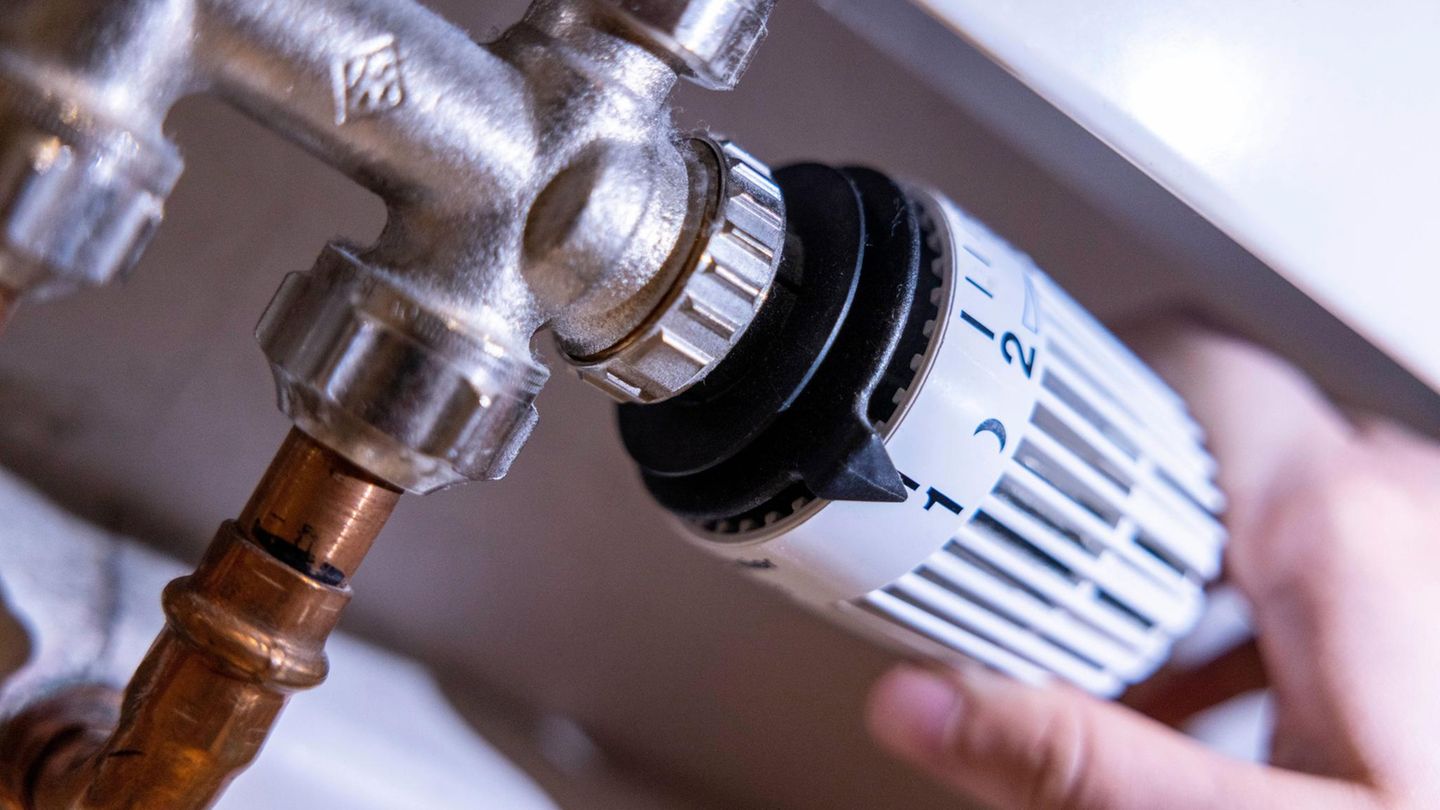Early potatoes have been in short supply and therefore expensive in recent weeks. But experts believe that could change in the summer.
Consumers currently have to dig deeper into their pockets for early potatoes than they did a year ago. In the past two weeks, the average price for a kilo of mainly waxy potatoes was around 1.63 euros, said Christoph Hambloch, market expert at the Agrarmarkt Informations-Gesellschaft (AMI) in Bonn.
According to his information, the average price for the same period last year was 1.54 euros per kilo. However, “consumers can expect prices to become cheaper again,” said Hambloch. He expects end-customer prices to fall again by July at the latest.
Farmers could not go to the fields because of rain
In general, the supply of early potatoes was rather tight this year, which led to higher prices. Farmers in Germany in the classic early potato growing areas could have planted in February and early March. But after that, it always rained a little in the south and southwest. The delays were particularly severe on the Lower Rhine, in the Netherlands and in Belgium. Because of the rain, farmers were unable to get out into the fields, said Hambloch.
Harvest slightly delayed
Potatoes for direct marketing and goods for wholesale markets have been harvested in Lower Saxony, but also in the Palatinate and Baden-Württemberg since the second half of May. However, this is only a niche market for the companies, explained Hambloch. The more important business with packaged goods for supermarkets will start in the second half of June. However, the heavy rain in the spring meant that the tubers had not yet stored enough starch, which delayed the harvest by a few days.
Fewer early potatoes also from abroad
Countries such as Israel, Egypt and Spain have also delivered fewer early potatoes this year. In Spain, drought was still prevalent in January and February, meaning that there were not as many early potatoes as expected from the start. This also reduced the supply of early potatoes.
Problem case seed potatoes
Another factor is the fact that seed potatoes are now in short supply, said Hambloch. “Producing seed potatoes is risky because you have to put in a lot of effort, and you have to pay a price for it.” Many farmers are dissatisfied with the profits and have given up producing seed potatoes. The ban on certain pesticides in particular makes cultivation more difficult because it increases the risk of disease. In this case, they are no longer permitted as seed potatoes. “Then all the effort you have put in is for nothing,” said Hambloch. As a result, breeders are increasingly having problems finding farmers to propagate seed potatoes.
It is not yet clear whether the current flood situation in Bavaria and Baden-Württemberg will have an impact on the potato harvest, said Hambloch.
Source: Stern




